Foods That Cause Bloating in Athletes: A Comprehensive Guide to Digestive Comfort

Introduction: Understanding Bloating in Athletes
For athletes, maintaining peak physical performance is paramount, but foods that cause bloating in athletes can throw a wrench in even the most disciplined training regimen. Bloating, that uncomfortable feeling of abdominal fullness or tightness, can hinder performance, disrupt focus, and even affect recovery.
Whether you’re a marathon runner, a weightlifter, or a weekend warrior, understanding which foods trigger digestive discomfort is essential for optimizing your nutrition and staying at the top of your game. This article dives deep into the culprits behind bloating, offering practical insights to help athletes maintain digestive comfort and avoid performance setbacks. From common dietary triggers to actionable strategies for avoiding gas-producing foods, we’ll explore how to keep your gut happy and your body ready to perform. Let’s start by unpacking what bloating is and why it’s a unique challenge for athletes.
What Is Bloating and Why Does It Affect Athletes?
Defining Bloating in the Athletic Context
Bloating is the sensation of increased abdominal pressure, often accompanied by visible swelling, gas, or discomfort. For athletes, this issue is more than just a minor inconvenience—it can impact endurance, strength, and mental clarity during training or competition. Foods that cause bloating in athletes often include high-fiber ingredients, processed carbohydrates, or foods that ferment in the gut, leading to excess gas production. Athletes are particularly susceptible because their bodies are under constant physical stress, and their digestive systems may be more sensitive to dietary choices, especially during intense training periods or pre-event meals.
Common Causes of Bloating in Athletes
Several factors contribute to bloating in athletes. High-intensity exercise can divert blood flow away from the digestive system, slowing digestion and increasing the likelihood of gas buildup. Additionally, many athletes rely on energy-dense foods or supplements, some of which contain ingredients that are difficult to digest. For example, certain protein powders or energy bars may include artificial sweeteners like sorbitol, which can trigger bloating. Dehydration, common during long workouts, can also exacerbate digestive issues, making it critical to pair smart food choices with proper hydration.
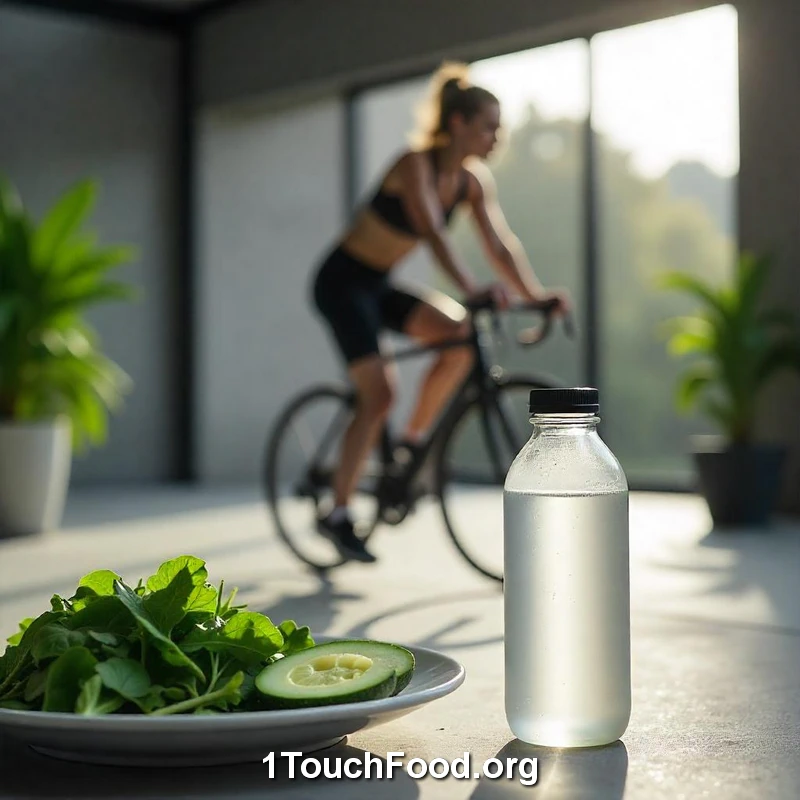
The Impact of Bloating on Athletic Performance
Physical Performance Setbacks
Bloating can significantly hinder an athlete’s performance. The discomfort caused by gas or abdominal distension can limit mobility, reduce core stability, and make it harder to maintain proper form during exercises like running, cycling, or lifting. For endurance athletes, bloating may lead to nausea or cramping, forcing them to slow down or stop altogether. By identifying and avoiding gas-producing foods, athletes can minimize these physical setbacks and maintain consistent performance levels.
Mental and Emotional Effects
Beyond the physical, bloating can take a mental toll. Athletes often report feeling sluggish or self-conscious when bloated, which can erode confidence during competition. The distraction of discomfort can break focus, making it harder to push through challenging moments. Ensuring digestive comfort through careful food selection allows athletes to stay mentally sharp and fully engaged in their sport.
Long-Term Health Considerations
Chronic bloating may signal underlying digestive issues, such as food intolerances or gut imbalances, which can have long-term health implications. For athletes, addressing bloating early by adjusting their diet—such as steering clear of foods that cause bloating in athletes—can prevent more serious conditions like irritable bowel syndrome (IBS) or nutrient malabsorption. A proactive approach to nutrition not only enhances immediate performance but also supports sustained health and career longevity.

Achieving Digestive Comfort Through Smart Nutrition Choices
Why Digestive Comfort Matters for Athletes
Digestive comfort is a cornerstone of athletic performance, as a settled stomach allows athletes to focus on training and competition without the distraction of bloating or gas. For athletes, the foods they consume before, during, and after exercise play a critical role in how their digestive system functions under stress. Foods that cause bloating in athletes, such as those high in fermentable carbohydrates or artificial additives, can disrupt this balance, leading to discomfort that undermines performance.
Achieving digestive comfort involves selecting foods that are easy to digest, nutrient-dense, and aligned with the body’s needs during physical exertion. For example, choosing low-fiber, low-FODMAP foods before a race can reduce the risk of bloating, while proper meal timing—eating 2-3 hours before intense activity—gives the body time to process nutrients efficiently.
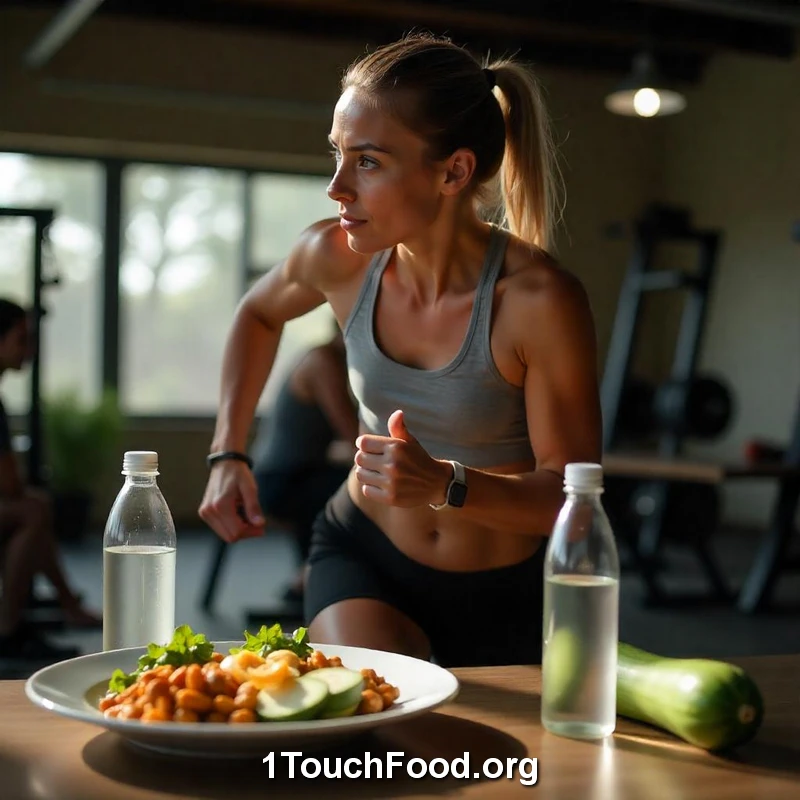
Key Strategies for Digestive Comfort
To maintain digestive comfort, athletes should prioritize foods that are gentle on the stomach. Opt for easily digestible carbohydrates like white rice or bananas, which provide energy without overloading the gut. Lean proteins, such as chicken or fish, are less likely to cause bloating compared to heavy, fatty cuts of meat. Hydration is equally critical—drinking water consistently throughout the day helps prevent constipation, which can exacerbate bloating.
Athletes should also avoid large meals close to training sessions, as this can slow digestion and increase gas production. Incorporating probiotic-rich foods, like yogurt with live cultures, can support gut health and reduce bloating over time. By making these strategic choices, athletes can ensure their digestive system supports, rather than hinders, their performance goals.
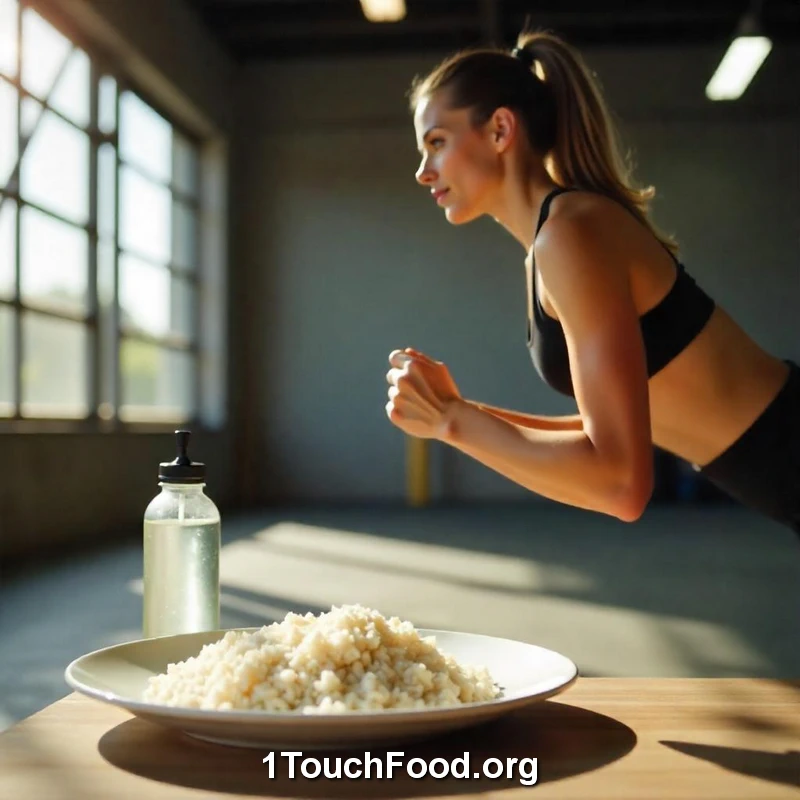
Avoiding Gas-Producing Foods for Optimal Performance
Identifying Common Gas-Producing Culprits
Avoiding gas-producing foods is a proactive step athletes can take to minimize bloating and maintain peak performance. Many foods that cause bloating in athletes are high in FODMAPs (fermentable oligosaccharides, disaccharides, monosaccharides, and polyols), which ferment in the gut and produce gas. Common culprits include beans, lentils, broccoli, cabbage, and onions, all of which are high in fiber or complex sugars that can be hard to digest during intense physical activity. Dairy products, particularly for those with lactose intolerance, can also trigger bloating, as can carbonated drinks and artificial sweeteners like mannitol or xylitol found in some sports supplements. By identifying these triggers, athletes can make informed choices to reduce discomfort.
Practical Tips for Avoiding Gas-Producing Foods
To sidestep foods that cause bloating in athletes, consider these practical tips. First, swap high-FODMAP vegetables like broccoli for low-FODMAP alternatives like zucchini or carrots, especially on competition days. If beans are a dietary staple, soak them overnight to reduce their gas-producing compounds. For athletes reliant on energy bars or shakes, check labels for artificial sweeteners and opt for products with natural ingredients like honey or maple syrup.
Timing is also key—avoid gas-producing foods 24-48 hours before a major event to give the gut time to clear. Finally, keep a food diary to track which foods cause bloating, as individual tolerances vary. This personalized approach ensures athletes can enjoy a varied diet while avoiding gas-producing foods that could derail their performance.

10 Common Foods That Cause Bloating in Athletes (and What to Eat Instead)
Garlic Broccoli Stir-Fry
-
Why it causes bloating: Broccoli is high in raffinose and fiber, which ferment in the gut and produce gas.
-
Suggested alternative: Zucchini or steamed spinach
2. Black Bean Chili Bowl
-
Why it causes bloating: Beans contain complex carbs that are hard to digest and promote gas formation.
-
Suggested alternative: Lentils or sprouted beans
3. Dairy Protein Smoothie
-
Why it causes bloating: Many athletes are lactose intolerant, leading to gas, cramping, and bloating.
-
Suggested alternative: Almond or oat milk-based smoothie
4. Whole Wheat Pasta with Veggies
-
Why it causes bloating: Whole grains are rich in fiber, which can cause gas if consumed excessively.
-
Suggested alternative: Quinoa or white rice before workouts
5. Carbonated Sports Drink Mix
-
Why it causes bloating: Carbonation introduces air into the digestive tract, leading to discomfort.
-
Suggested alternative: Coconut water or flat electrolyte drinks

6. Raw Kale Salad with Chickpeas
-
Why it causes bloating: Raw kale is tough to digest and chickpeas can ferment in the gut.
-
Suggested alternative: Steamed greens with grilled chicken
7. High-Protein Bar with Sugar Alcohols
-
Why it causes bloating: Sugar alcohols like sorbitol and xylitol are poorly absorbed and ferment in the intestines.
-
Suggested alternative: Natural date-based energy bars
8. Fried Tofu with Cabbage Slaw
-
Why it causes bloating: Soy and cabbage both contain compounds that increase gas production.
-
Suggested alternative: Grilled chicken and spinach salad
9. Onion-Rich Veggie Omelet
-
Why it causes bloating: Onions contain fructans, which are fermented by gut bacteria.
-
Suggested alternative: Omelet with tomatoes and bell peppers
10. High-Fat Peanut Butter Smoothie
-
Why it causes bloating: High-fat meals slow digestion and can cause discomfort during physical activity.
-
Suggested alternative: Smoothie with banana and almond butter
Comparing Bloating Triggers and Gut-Friendly Alternatives
Analyzing Foods That Cause Bloating vs. Safe Options
To optimize performance, athletes must distinguish between foods that cause bloating in athletes and those that promote digestive comfort. Below is a comparison of common bloating triggers and gut-friendly alternatives, helping athletes make informed dietary choices. This analysis highlights foods to avoid and their substitutes, ensuring minimal digestive disruption during training or competition.
|
Food Category |
Bloating Triggers |
Gut-Friendly Alternatives |
Why It Matters |
|---|---|---|---|
|
Vegetables |
Broccoli, cabbage, onions |
Zucchini, carrots, spinach |
High-FODMAP vegetables ferment in the gut, causing gas; low-FODMAP options digest easily. |
|
Legumes |
Beans, lentils |
Quinoa, rice |
Legumes contain complex sugars that produce gas; grains like quinoa are gentler. |
|
Dairy |
Milk, soft cheese |
Lactose-free yogurt, almond milk |
Lactose can trigger bloating in intolerant athletes; lactose-free options reduce risk. |
|
Sweeteners |
Sorbitol, mannitol |
Honey, maple syrup |
Artificial sweeteners ferment in the gut; natural sweeteners are less likely to cause gas. |
|
Drinks |
Carbonated beverages |
Water, herbal tea |
Carbonation adds air to the stomach; still drinks support hydration without bloating. |
By swapping bloating triggers for these alternatives, athletes can maintain digestive comfort and focus on performance. Always test new foods during training, not competition, to ensure compatibility with your body.

Practical Tips to Prevent Bloating in Athletes
How to Build a Bloat-Free Meal Plan
Creating a meal plan that minimizes bloating is essential for athletes aiming to perform at their best. Start by prioritizing low-FODMAP foods, especially 24-48 hours before a competition. For example, a pre-workout meal could include grilled chicken, white rice, and steamed carrots—nutrient-dense and easy to digest. Avoiding gas-producing foods like beans or cruciferous vegetables during this window is key. Space meals 2-3 hours before exercise to allow digestion, and keep portions moderate to avoid overloading the stomach. Post-workout, incorporate probiotic foods like lactose-free yogurt to support gut health. Hydration is critical—aim for 8-12 cups of water daily to prevent constipation, which can worsen bloating. Finally, chew food slowly to reduce swallowed air, a sneaky contributor to bloating.
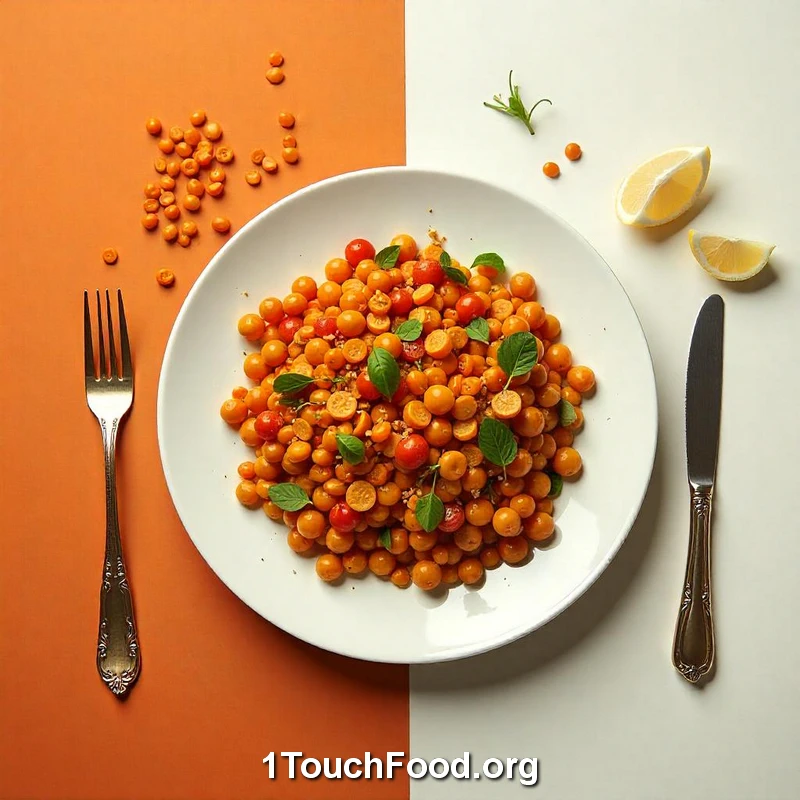
Supplement Smarts for Athletes
Many athletes rely on supplements, but some, like certain protein powders or energy gels, can include foods that cause bloating in athletes, such as artificial sweeteners or high-fiber additives. Choose supplements with simple ingredient lists, avoiding sorbitol, xylitol, or inulin. Test supplements during training to gauge their impact on your digestion. If bloating persists, consult a sports nutritionist to tailor your supplement regimen. By combining these strategies, athletes can maintain a bloat-free diet that supports peak performance.
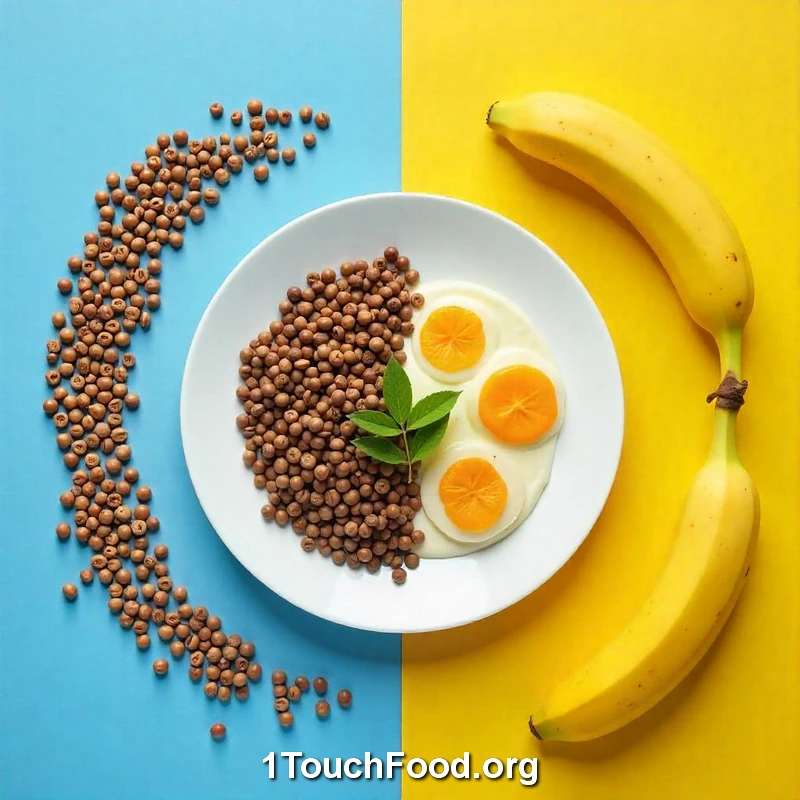
FAQs about Foods That Cause Bloating in Athletes
What Are the Most Common Foods That Cause Bloating in Athletes?
Common culprits include high-FODMAP foods like beans, broccoli, and onions, as well as dairy for lactose-intolerant individuals. Artificial sweeteners in sports supplements and carbonated drinks also contribute to bloating.
Can Hydration Affect Bloating in Athletes?
Yes, dehydration can slow digestion, leading to constipation and bloating. Athletes should aim for consistent water intake throughout the day to support digestive comfort.
How Can Athletes Identify Their Personal Bloating Triggers?
Keeping a food diary is effective. Track meals, symptoms, and timing to pinpoint which foods cause discomfort, then adjust your diet accordingly.
Are There Quick Fixes for Bloating During a Competition?
While prevention is best, sipping water, avoiding chewing gum, and taking short walks can help relieve mild bloating. Avoid eating large meals during events to minimize issues.
Conclusion
Navigating foods that cause bloating in athletes is critical for maintaining peak performance and digestive comfort. By understanding bloating triggers, choosing gut-friendly alternatives, and implementing practical strategies like mindful meal timing and hydration, athletes can minimize discomfort and stay focused on their goals. Avoiding gas-producing foods and tailoring nutrition to individual needs ensures a strong foundation for training and competition success. This comprehensive guide has covered the causes, impacts, and solutions for bloating, empowering athletes to optimize their diet and performance. The article is now complete, providing a roadmap to a bloat-free athletic journey.
Enjoy! See our youtube. Quench your thirst and revitalize your body with our collection of refreshing and hydrating recipes. All athletes must pay close attention to their nutrition to achieve optimal performance. You can see CookBook for athletes and Building a Bigger Butt. It’s very useful for athletes.


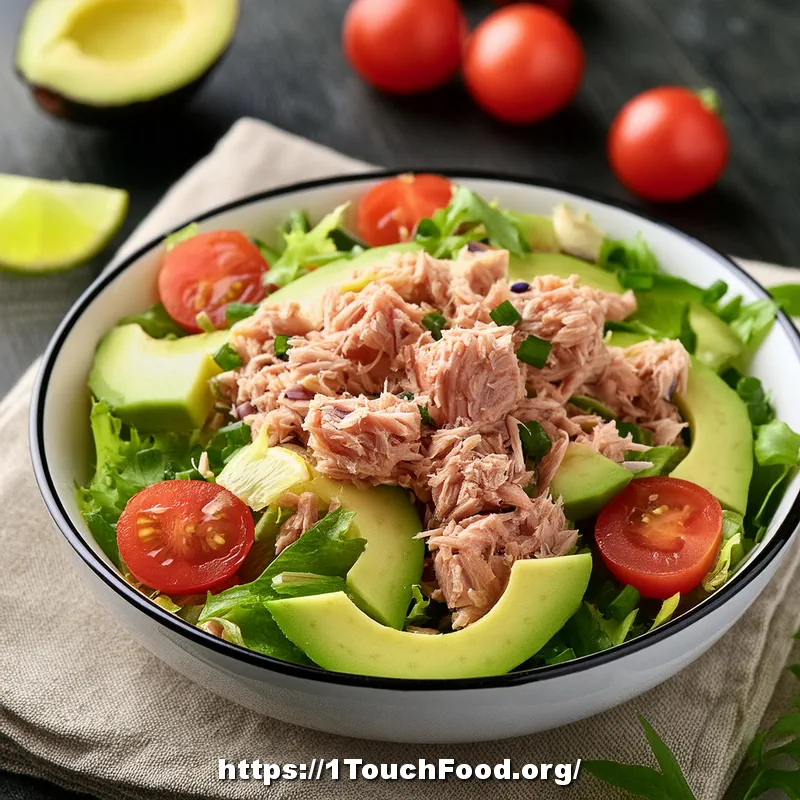
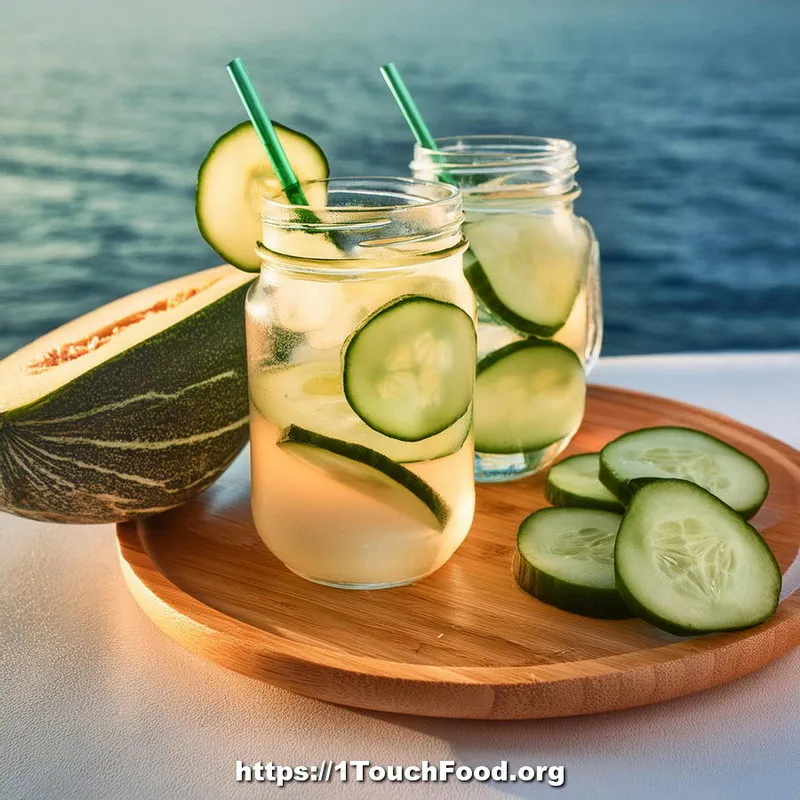

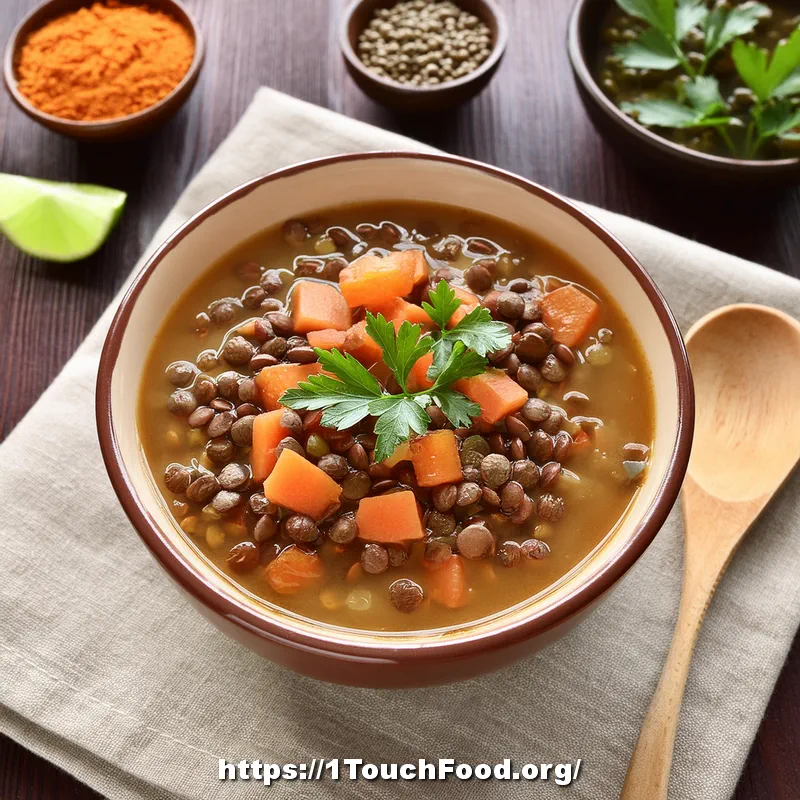





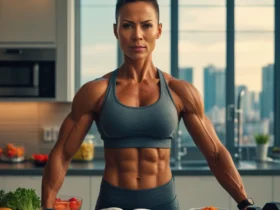

Leave a Reply